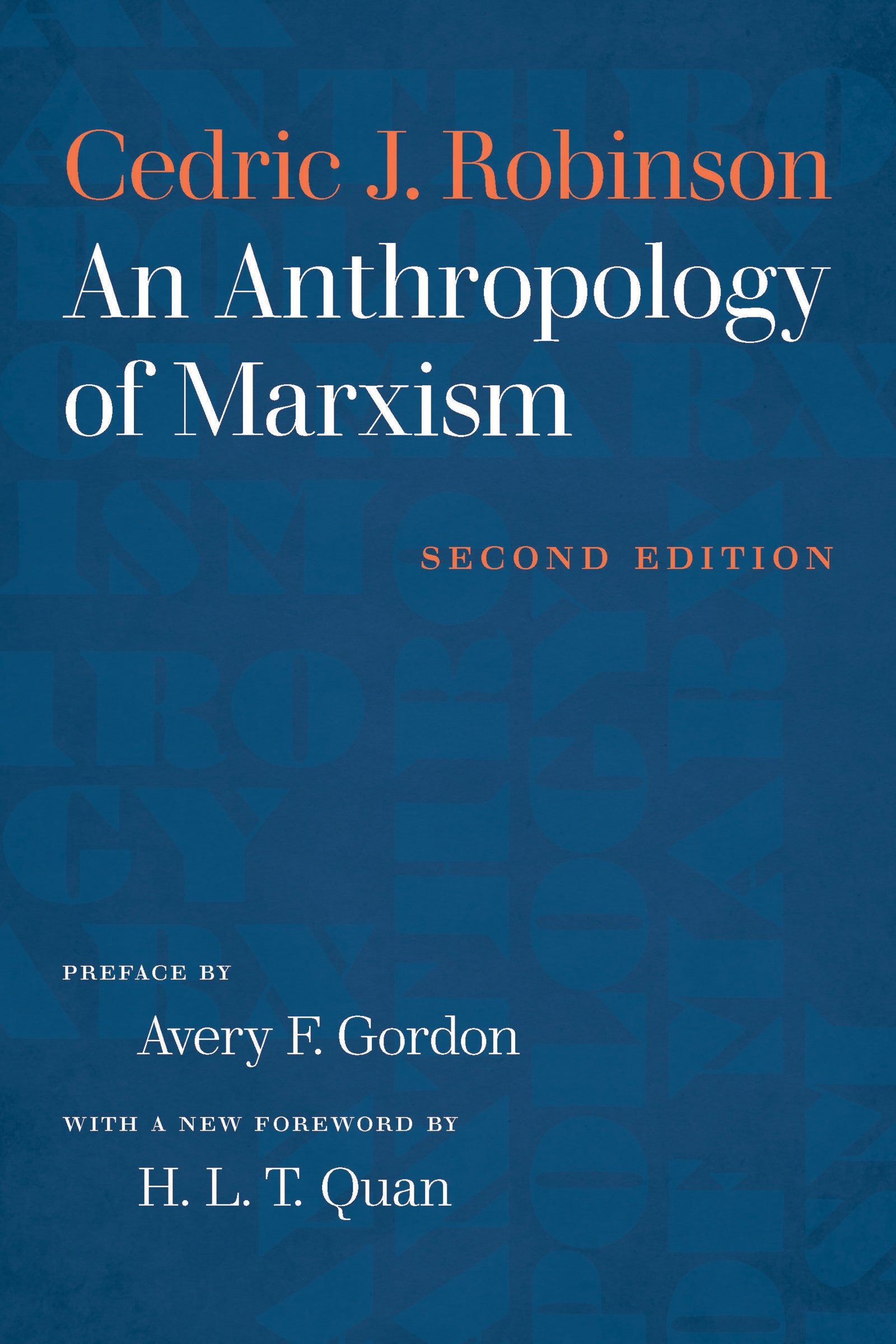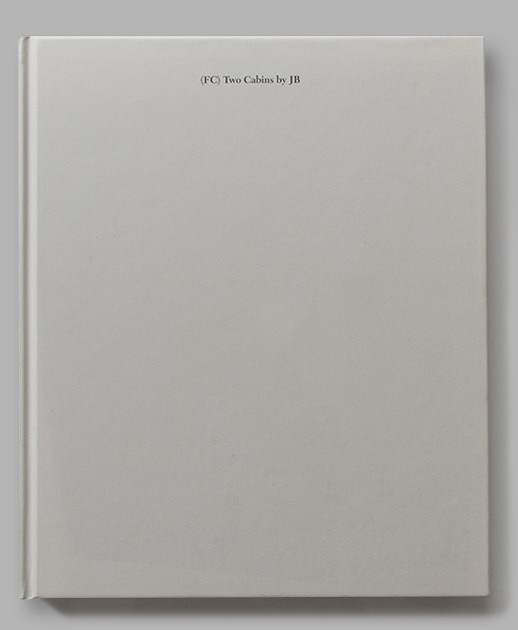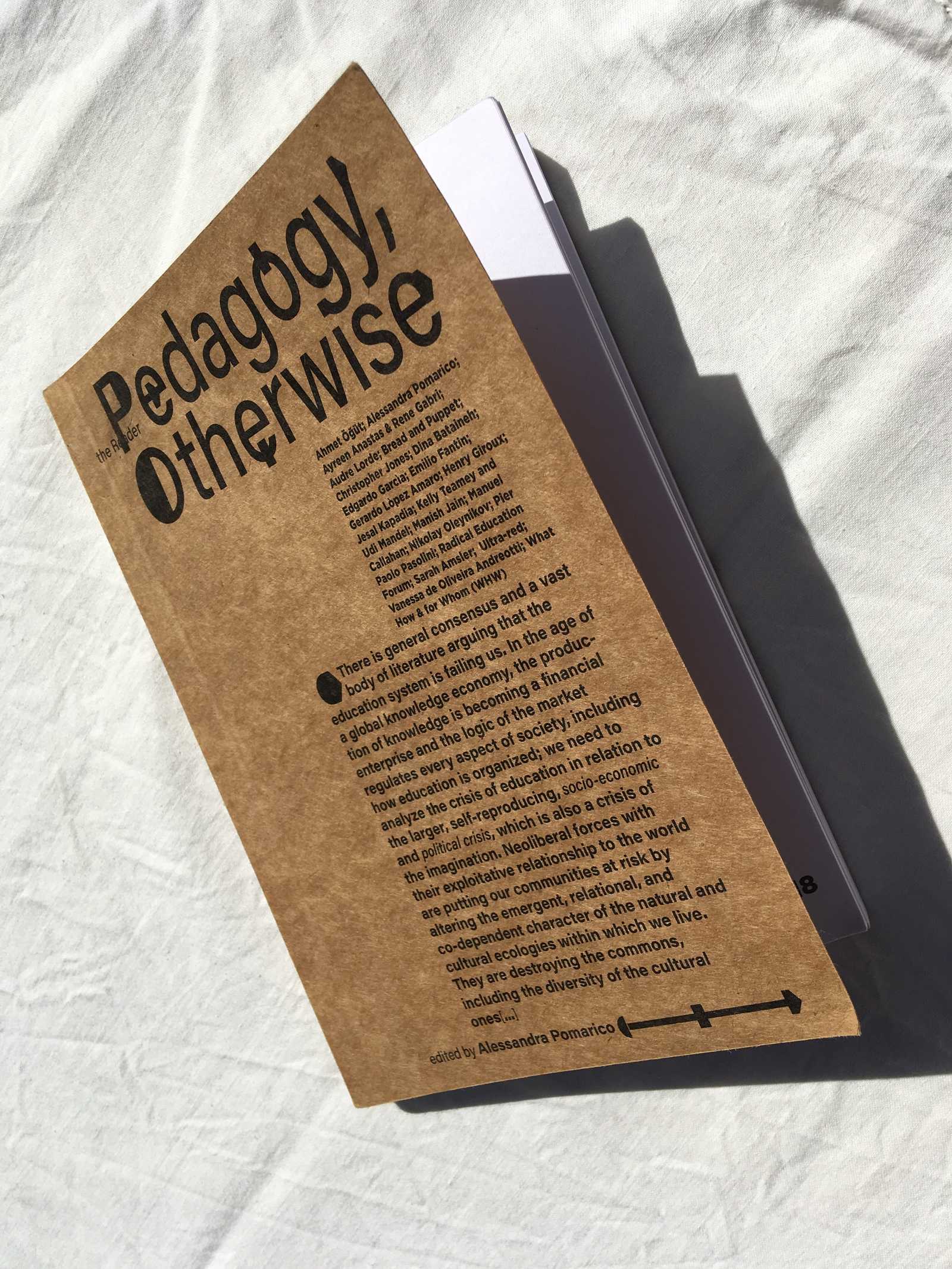Cedric J. Robinson: An Anthropology of Marxism (2001–)
Filed under book | Tags: · black people, capitalism, communalism, communism, community, economics, marxism, materialism, philosophy, race, socialism, society

“An Anthropology of Marxism offers Cedric Robinson’s analysis of the history of communalism that has been claimed by Marx and Marxists. Suggesting that the socialist ideal was embedded both in Western and non-Western civilizations and cultures long before the opening of the modern era and did not begin with or depend on the existence of capitalism, Robinson interrogates the social, cultural, institutional, and historical materials that were the seedbeds for communal modes of living and reimagining society. Ultimately, it pushes back against Marx’s vision of a better society as rooted in a Eurocentric society, and cut off from its own precursors. Accompanied by a new foreword by H.L.T. Quan and a preface by Avery Gordon, this invaluable text reimagines the communal ideal from a broader perspective that transcends modernity, industrialization, and capitalism.”
Preface by Avery F. Gordon
Publisher Ashgate, 2001
ISBN 1840147008
xxii+169 pages
Second edition
New foreword by H. L. T. Quan
Publisher University of North Carolina Press, Chapel Hill, NC, 2019
ISBN 9781469649917, 1469649918
xxix+171 pages
Commentary: Avery F. Gordon (Race & Class, 2005).
Review: Rose Deller (LSE Rev of Books, 2019).
Publisher (2nd ed.)
WorldCat (2nd ed.)
PDF (1st ed., 2001, 9 MB)
PDF (2nd ed., 2019, 2 MB)
See also Robinson’s Black Marxism: The Making of the Black Radical Tradition (1983).
Comment (0)James Benning: Two Cabins (2011)
Filed under artist publishing, video | Tags: · nature, solitude, technology

“This project based publication edited by Julie Ault documents and analyzes a body of work by the critically acclaimed filmmaker.
Benning reconstructed Henry David Thoreau’s and Ted Kaczynski’s iconic cabins, and uses these structures to reflect on utopian and dystopian versions of social isolation. Mounted on the walls of each cabin are copies of paintings by so-called outsider artists, also made by Benning. On the surface Benning’s two cabins are night and day, invoking contradictory sets of reclusive intentions and divergent paths leading back out. Deeper inquiry reveals the Thoreau / Kaczynski equation to be inspired. Benning’s engagement makes discernable a multitude of contacts between their motivations, beliefs, and experiences of seclusion. Benning’s armature artfully unfolds a complex articulation of practices of dissent, nonprescriptive ways of living, and the politics of solitude.
The book includes photography by Benning, essays by Julie Ault, Benning, and Dick Hebdige, and extracts from Thoreau’s and Kaczynski’s writings.”
Edited by Julie Ault
Publisher Art Resources Transfer, New York, 2011
ISBN 0923183485, 9780923183486
175 pages
via juleslineal, HT Auditory Scenes
Interview with author (Brian Sholis, Artforum, 2012)
Publisher
WorldCat
PDF (10 MB)
Film (2011, 31 min)
Pedagogy, Otherwise: the Reader (2018)
Filed under book | Tags: · education, learning, pedagogy

“Pedagogy, Otherwise: the Reader was assembled in the context of /and in conversation with the Eco-versities Alliance, a trans-local community of learning practitioners from around the world committed to cultivate and reclaim knowledges, relationships and imaginations. Most of the texts appeared originally in the series Pedagogy, Otherwise, as part of the line of inquiry Learning, Education and Pedagogy on ArtsEverywhere.ca, an online platform for artistic experimentation and exploration of the fault lines of modernity.
Editor Alessandra Pomarico, member of the Ecoversities Alliance and publication group, hoped through this compilation, to give voice to ‘a wide range of perspectives, explore a diversity of ways of knowing, attempting to decolonize the structure of education, contesting universal dominant frames, and focusing on pedagogy as politics. Artistic perspectives, convivial/militant research, theoretical discourses, as well as praxis of both affects and cognition, embodied and land-based practices – these are some of the tools and processes through which we witness today how learning communities are unfolding in different contexts, reclaiming autonomous yet interconnected zones of knowledge, even in the most diring geopolitical conditions’.”
Edited by Alessandra Pomarico
Publisher Eco-versities Alliance & ArtsEverywhere, 2018
Open access
257 pages

